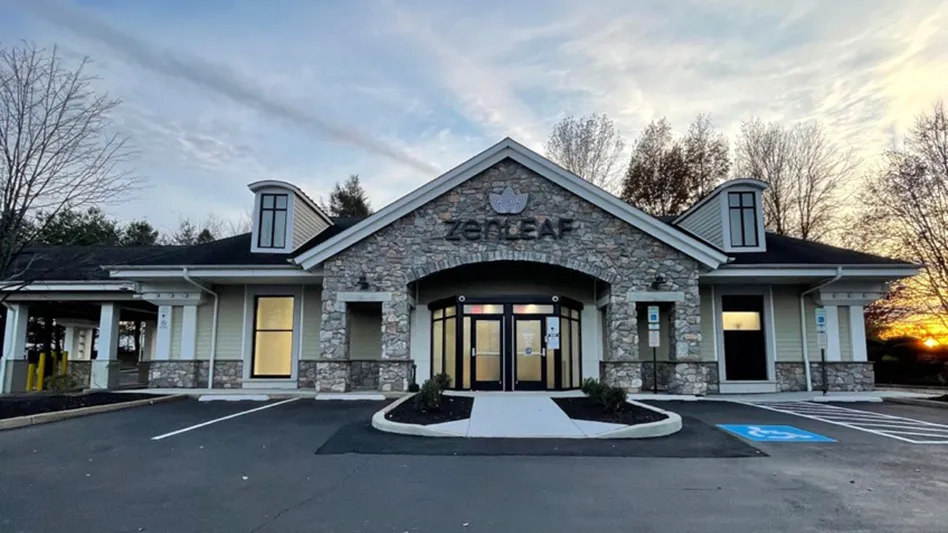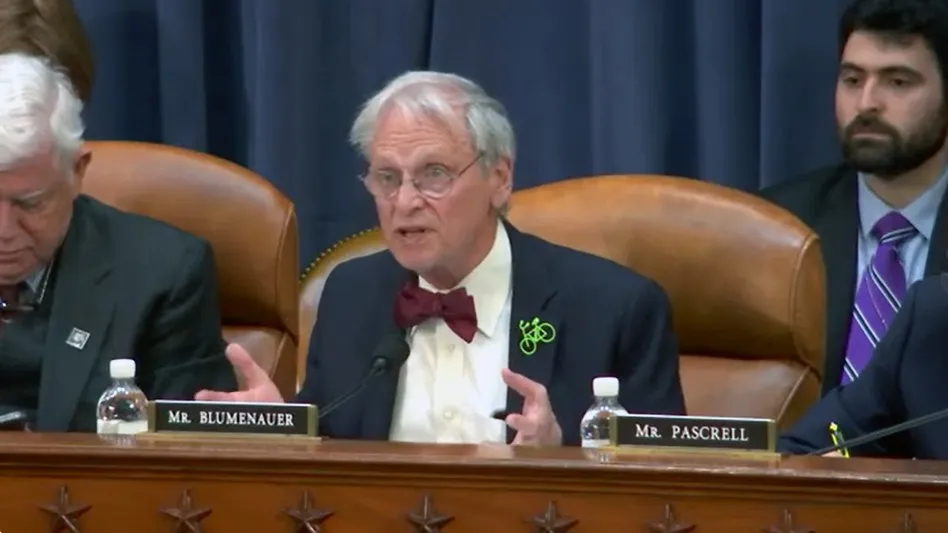
Katherine | Adobe Stock
Nearly two months after U.S. Rep. Earl Blumenauer, D-Ore., received a reply from the U.S. Drug Enforcement Administration (DEA) in response to he and 30 of his colleagues urging the agency to end federal cannabis prohibition, the congressman submitted yet another letter to the DEA demanding answers on the agency’s ongoing cannabis scheduling review.
In a Feb. 8 letter addressed to DEA Administrator Anne Milgram, Blumenauer reiterated that while moving cannabis to Schedule III under the Controlled Substances Act, as the U.S. Department of Health and Human Services (HHS) recommended in August, “would be an important step in the right direction,” rescheduling “is not sufficient to correct the wrongs of federal prohibition or to meaningfully address the federal-state gap on cannabis policy.”
Blumenauer requested that the DEA respond to the following questions:
- What is DEA’s planned deadline to publish its draft rule on the scheduling of marijuana for public comment?
- What is the standard timeline for DEA’s drug scheduling reviews?
- On what date did DEA begin its review following receipt of HHS’s findings and recommendation on marijuana scheduling?
- How is DEA ensuring the agency’s review incorporates the status of marijuana under state laws and regulations in its scheduling decision?
- How will DEA proactively communicate developments and receive feedback from congressional partners as the review proceeds?
HHS did not publicly confirm the details of its August rescheduling recommendation until last month, when officials released documents detailing why they believe cannabis should be reclassified under federal law.
Blumenauer and a group of 30 other U.S. representatives sent Milgram a letter in October, calling on her agency to “recognize the merits of full descheduling and work with congressional leaders to ensure this happens.”
The DEA sent its response to Blumenauer Dec. 19, noting publicly for perhaps the first time that the agency is indeed reviewing how cannabis is scheduled under federal law.
“On Aug. 29, 2023, DEA received a letter from the Department of Health and Human Services (HHS) providing its findings and recommendation on marijuana scheduling, pursuant to President Biden’s request for an administrative review,” Michael Miller, acting chief of the DEA’s Office of Congressional Affairs, wrote in the letter to Blumenauer. “As part of this process, HHS first conducts a scientific and medical evaluation, and then DEA conducts its own review. DEA has the final authority to schedule, reschedule or deschedule a drug under the Controlled Substances Act, after considering the relevant statutory and regulatory criteria and HHS’s scientific and medical evaluation. DEA is now conducting its review.”
The letter, first reported by Punchbowl News, sparked concern from some that the DEA intended to deviate from the HHS’ recommendation, and also stirred excitement that the DEA’s official decision on rescheduling may be imminent.
However, Shane Pennington, partner at Porter Wright Morris & Arthur LLP, told Cannabis Business Times in early January that it is still the beginning stages of the DEA’s review process.
“Where we are in the process is still very early,” Pennington said. “DEA has HHS’ recommendation, which is an important step, but it’s very preliminary because now we’re going to get, eventually, a proposed rule from DEA, then we’ll get notice and comment for 60 days, [a] public participation period. And at the same time, DEA will allow interested parties to request hearings on the record.”
Then, Pennington said, the DEA will write a final rule, which must be published in the federal register for 30 days before it can take effect.
“There are some exceptions to that, but the DEA generally requires a 30-day delay between the time it’s published and the time it becomes effective,” he said. “And so, for those who are really wanting to know, can this get done by the election, which I think is a question that many people are asking, my view is because of everything I just said, probably not. Because no matter how much the president or Anne Milgram wanted to get done that fast, those processes take time.”
Blumenauer, and likely others, are becoming impatient.
“While Congress works to send the president comprehensive cannabis legislation, the urgency of full descheduling should inform DEA’s position on overall cannabis reform,” he wrote in Thursday’s letter. “Appropriate enforcement should be centered on advancing public safety, not unjust criminalization. Marijuana’s continued inappropriate scheduling is both arcane and out-of-touch with the will of the American people. I look forward to your response and DEA’s continued communication to work transparently and proactively with Congress to adopt this crucial step.”
Latest from Cannabis Business Times
- Cannabis Rescheduling: Where Do We Go From Here?
- Verano Opens MÜV Haines City, Company’s 75th Florida Dispensary
- Ascend Wellness Holdings Reports $142.4M Net Revenue for Q1 2024
- Trulieve Reports $298M in Revenue for 1st Quarter 2024
- SNDL Reports 1st Quarter 2024 Financial, Operational Results
- Leading Cannabis Brand STIIIZY Expands Retail Presence With Fresno Location Opening Saturday, May 11
- The Cannabist Co. Reports 1st Quarter 2024 Results
- Green Thumb Reports $276M Revenue for 1st Quarter 2024





